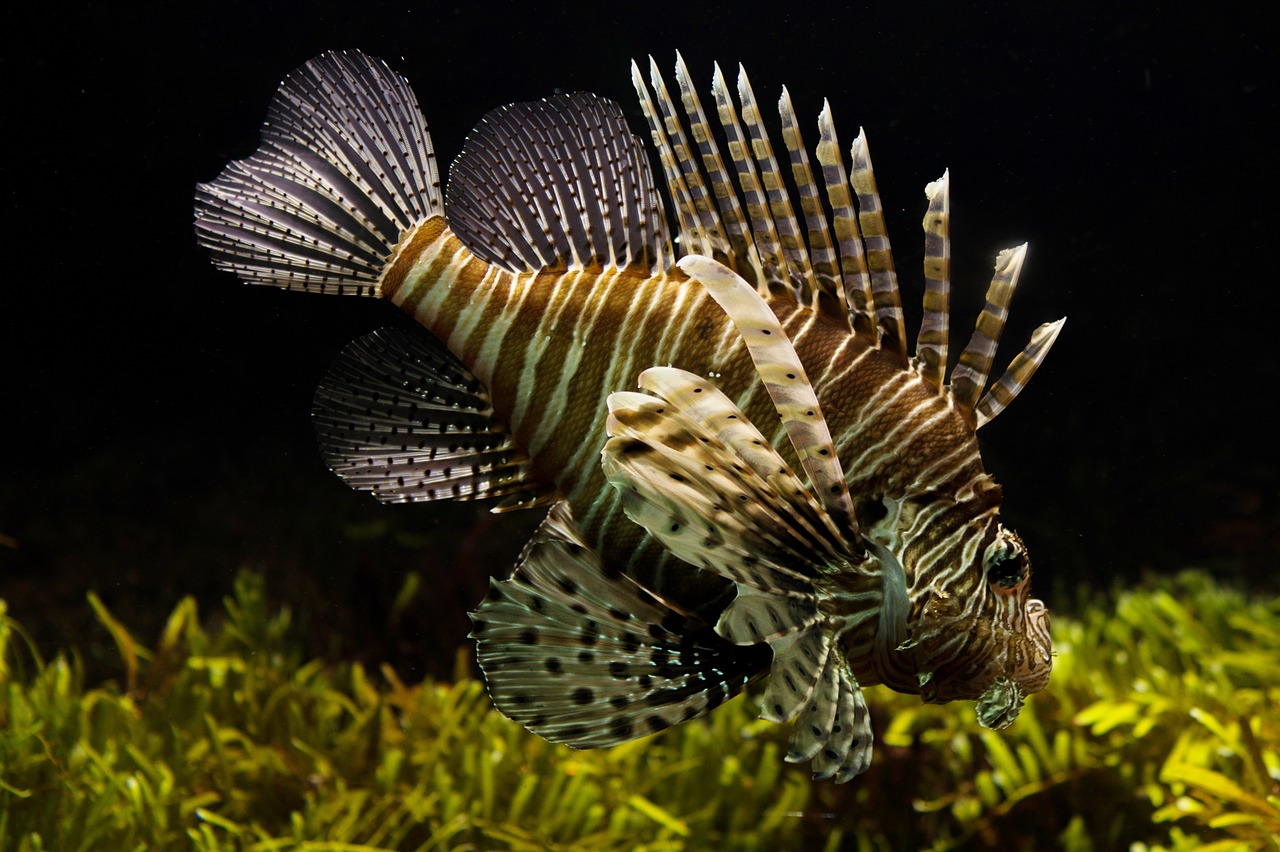
western ecosystems technology inc is a project in which I use scientific data to help answer questions about what is going on in the world around me.
It’s not science fiction, but it is science. It’s not some sort of super-interesting scientific topic, but it is a bit of science, and a lot of it is the science that the average person can grasp. And it is not an “I’m a scientist” kind of science. This science involves learning about ecosystems, using ecological data to answer many questions, and using those answers to help us understand the world around us.
Yes, I know that sounds boring. But you also have to remember that the average person can’t use this science to help them solve every problem, so we’re here to help people. I like to think of this science as the scientific method. We’re going to use the scientific method to determine if this is a good idea. In general this is a good idea, but what we are not sure about is if it is a good idea for this region of the world.
The western ecosystem is one of the most important ecosystems of the world. We are not sure of the effects it will have on the entire ecosystem, but we do know that it has been happening for a while and we know how important it is. Were also trying to help people understand how the western ecosystems impact our own environment, and to help them understand that the western regions are important too.
We are doing this by using a new tech, where we are able to study the effects of western ecosystems on our own environment from space. This is not a bad thing. There are a number of things we are researching, but this is one of them. Our goal is to understand the effects western ecosystems has and how we can help them. We will be sending out probes that will take pictures of the ecosystems and will be analyzing them from space.
The Western regions are important, because they are the only part of the world we have not yet explored. We’ve already been sending out probes to the middle of the Atlantic Ocean, as well as to the Indian Ocean and Pacific Ocean. Our goal is to send more probes to the western regions and learn more about the ecosystems there.
The western regions of the world are vast and very dry. The climate is very dry as well, so it’s very hard to get the moisture out of the ecosystems. We’ll be sending out probes to the western regions to see how people live there. We’ve already sent probes to the Middle East, which is an interesting place to explore because it has a very similar climate to the western regions.
This brings us to the next point. The west is a very dry ecosystem, and we want to send probes to it to learn about what people are doing. What are they doing for fun? What are they doing for work? What are they doing for leisure? And finally, what are their favorite activities and foods? We want to discover these differences, and then maybe they can make changes in how they grow and thrive.
The west is also a very dry ecosystem, and the probes we sent out in this area of the world came back with nothing. There is a drought there, and a lot of water has evaporated into the atmosphere. What’s the effect of that? What is the effect? There’s lots of rain in the west but it’s not going to make a difference to anything. That’s why we decided to send out probes there, to see what’s going on.
The western ecosystem is particularly susceptible to drought, because there are three very prominent factors that can affect water supplies. The first is temperature: the west is colder than the rest of the world, and this causes evaporation. The second is rainfall: the west has received less than the rest of the world, and the rain that falls is often in winter, which causes evaporation.








